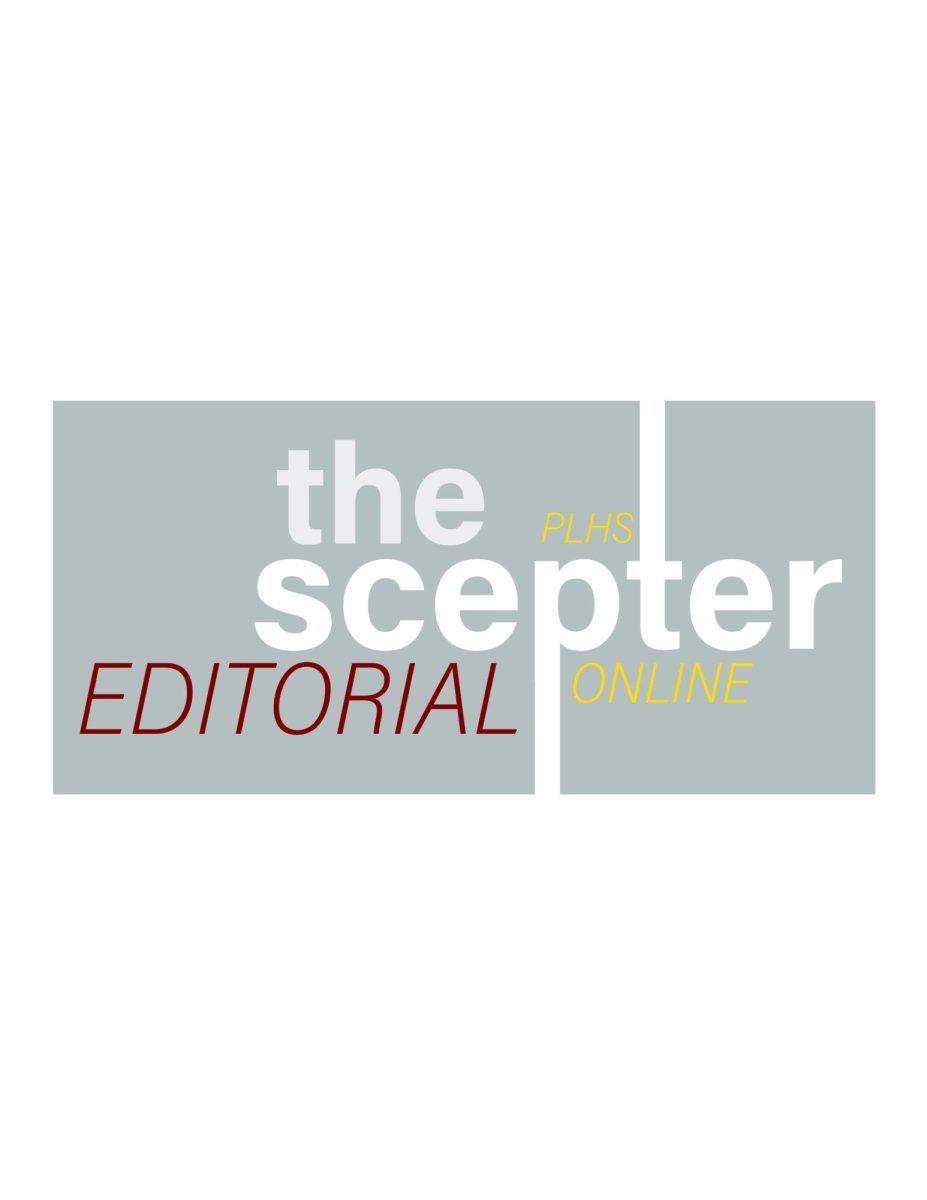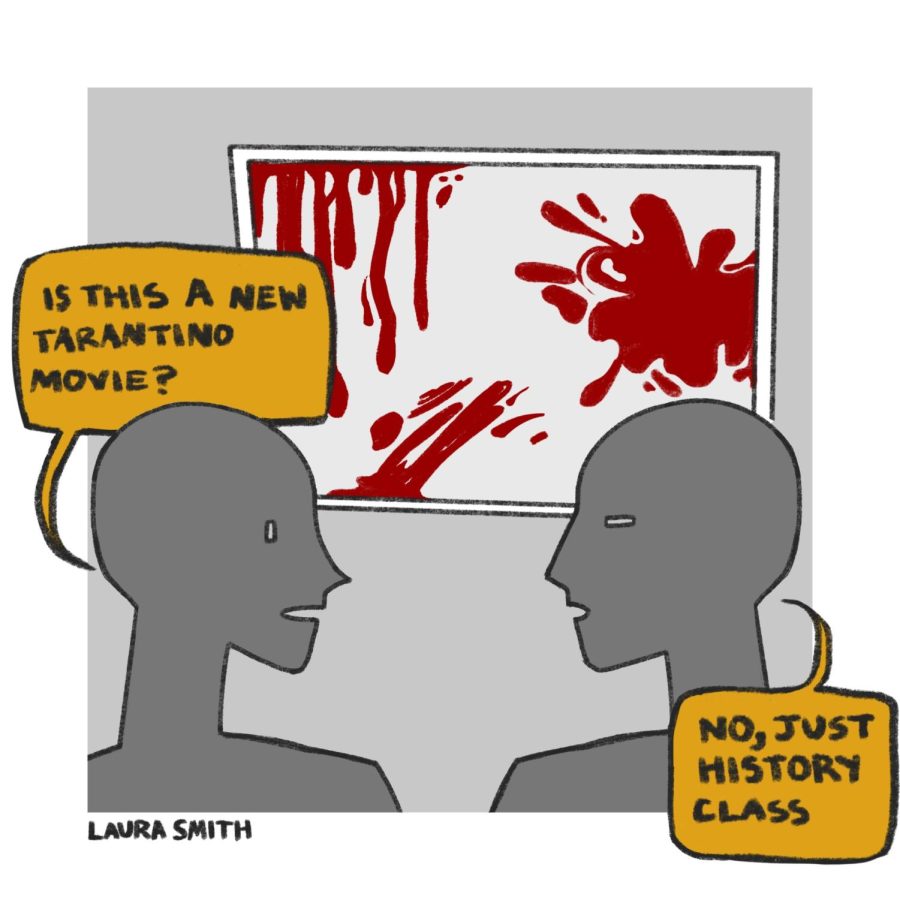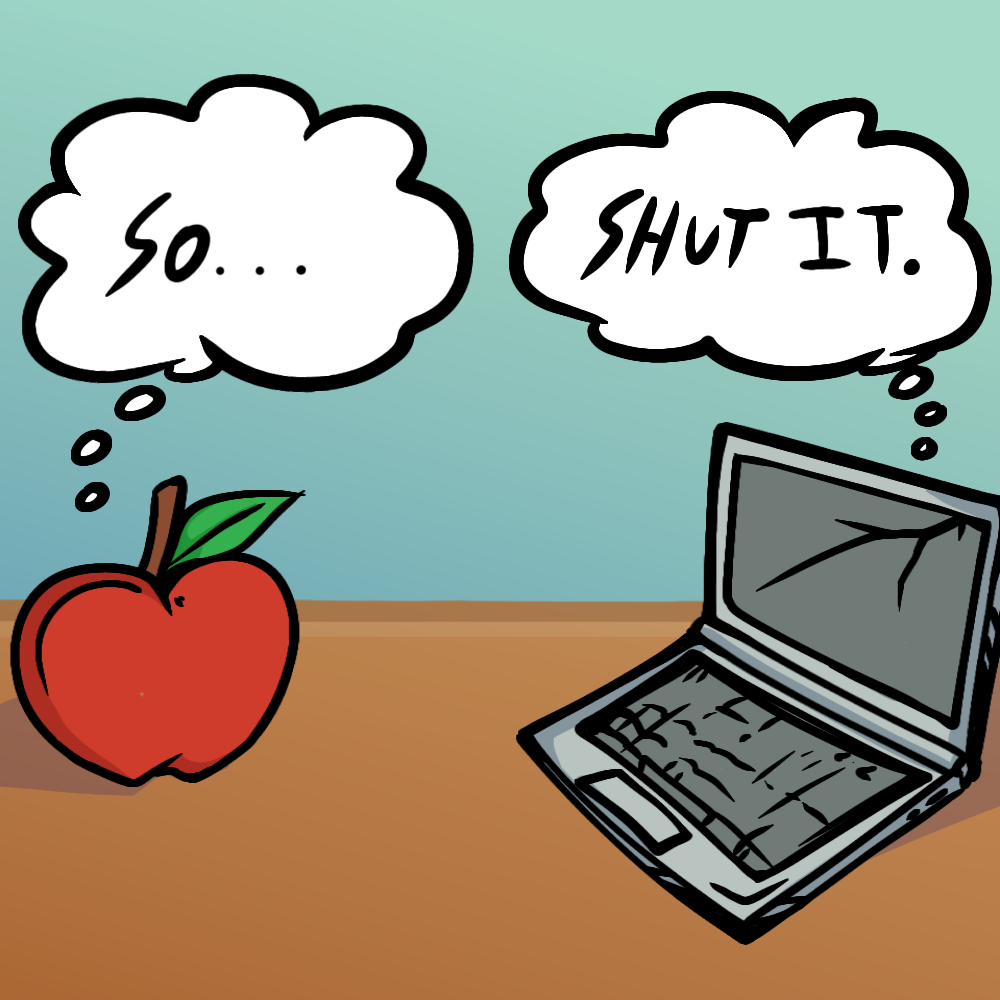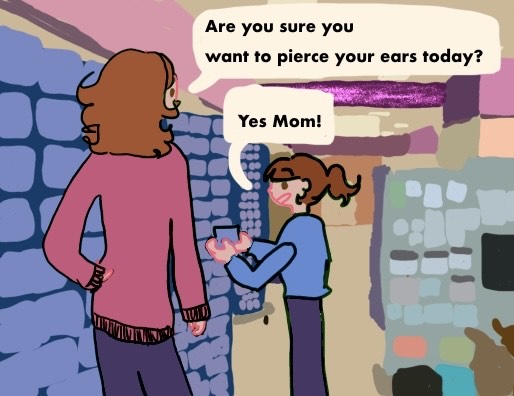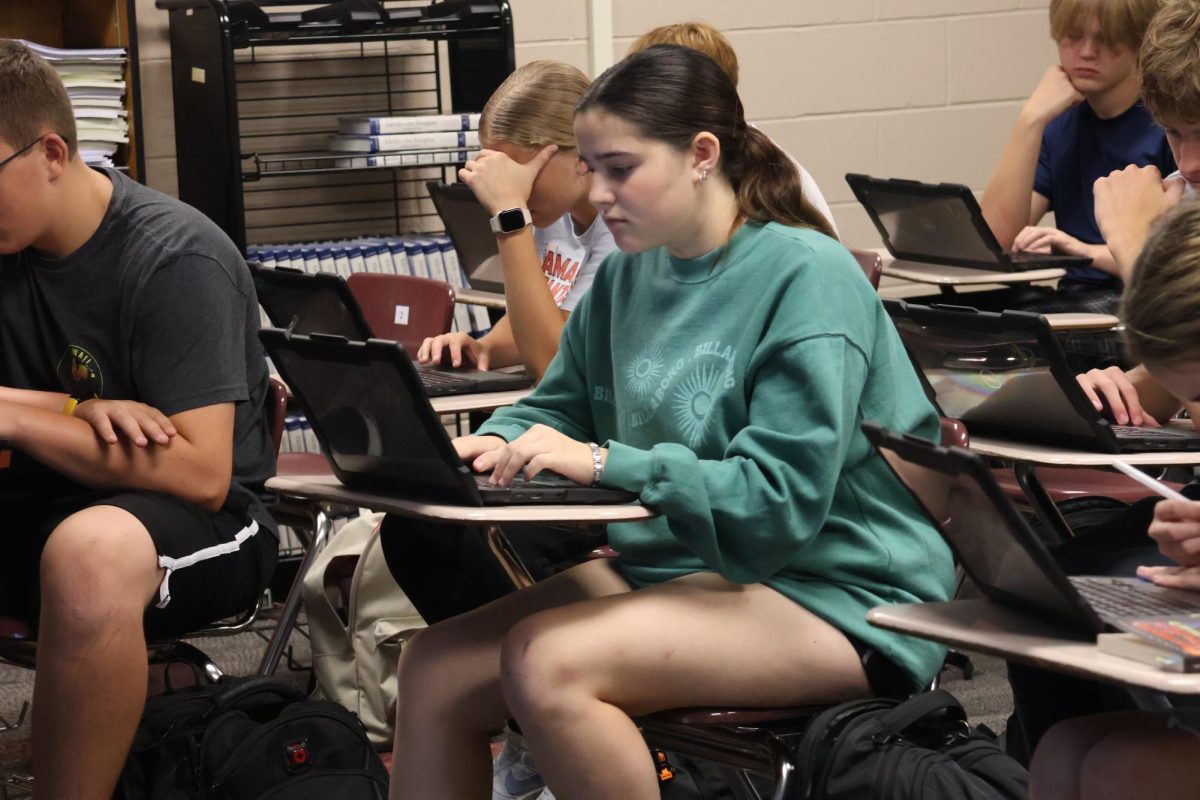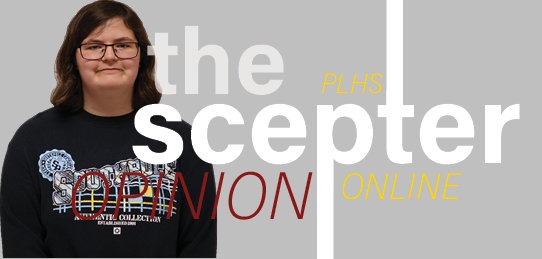A journalist’s job is to tell stories: to amaze, entertain and educate; but most importantly, to tell the truth. Sugarcoating should never be a necessary part of the equation, but as student journalists quickly learn, avoiding certain topics is sometimes required to prevent censorship.
One of the most famous cases occurred in May of 2022 with the shutdown of Grand Island Northwest’s “Viking Saga,” supposedly due to coverage of “inappropriate content” – specifically, two articles covering LGBTQIA+ issues. A lawsuit against the school was dismissed, largely due to semantics and timing rather than anything to do with student rights.
The publication has resumed operations in an online form, but with a new advisor. It begs the question, though, of why schools are allowed to do this. Long story short, the precedent allowing censorship of public school newspapers comes from the Supreme Court case Hazelwood v. Kuhlmeier.
In that case, it was ruled that a school newspaper does not count as a public forum, the term used in a First Amendment for locations in which only a very specific set of circumstances constitute a valid reason to restrict free speech. In fact, since school newspapers are sponsored by the school, it was ruled to be constitutional that the school can restrict content they believe would reflect poorly on them.
The case of the “Viking Saga” is an unusually extreme one, not the norm. Rather than the whole journalism class being shut down, if a story is considered too controversial, it gets changed in the brainstorming stage: self-censorship used as a form of self-defense. During the writing process, words are changed to be a bit softer, less confrontational, less sincere.
Of course, certain compromises are always necessary in the name of professionalism and unbiased reporting, but student censorship goes beyond that. It means making sure not to challenge anyone important, no matter whether or not they should be challenged. It means avoiding topics that could make people angry, even if the coverage is important to the student population. It means being fundamentally dishonest about things that are important to us out of fear of being silenced.
There is a bill in the Nebraska legislature right now, though, that aims to expand the rights of student journalists. It is called the New Voices bill (LB1071), and if passed, it will provide protection to journalism students and their advisors against censorship, except in a few cases: if articles are libelous, privacy-violating, straight-up illegal, or if they pose a clear and present danger of inciting an illegal/dangerous act, they are not protected.
Some might think that a bill like this leaves too much freedom to students, but it’s not as if the New Voices bill intends for professionalism to be thrown out the window. After all, student newspapers will still have journalism advisors there to steer students in the right direction when it comes to subject matter and journalistic integrity. Instead, the bill will allow students to speak their minds without fear. This staff believes LB1071 must be passed.
In a nation founded on liberty and free speech, is it not fair for us to have the same rights?

